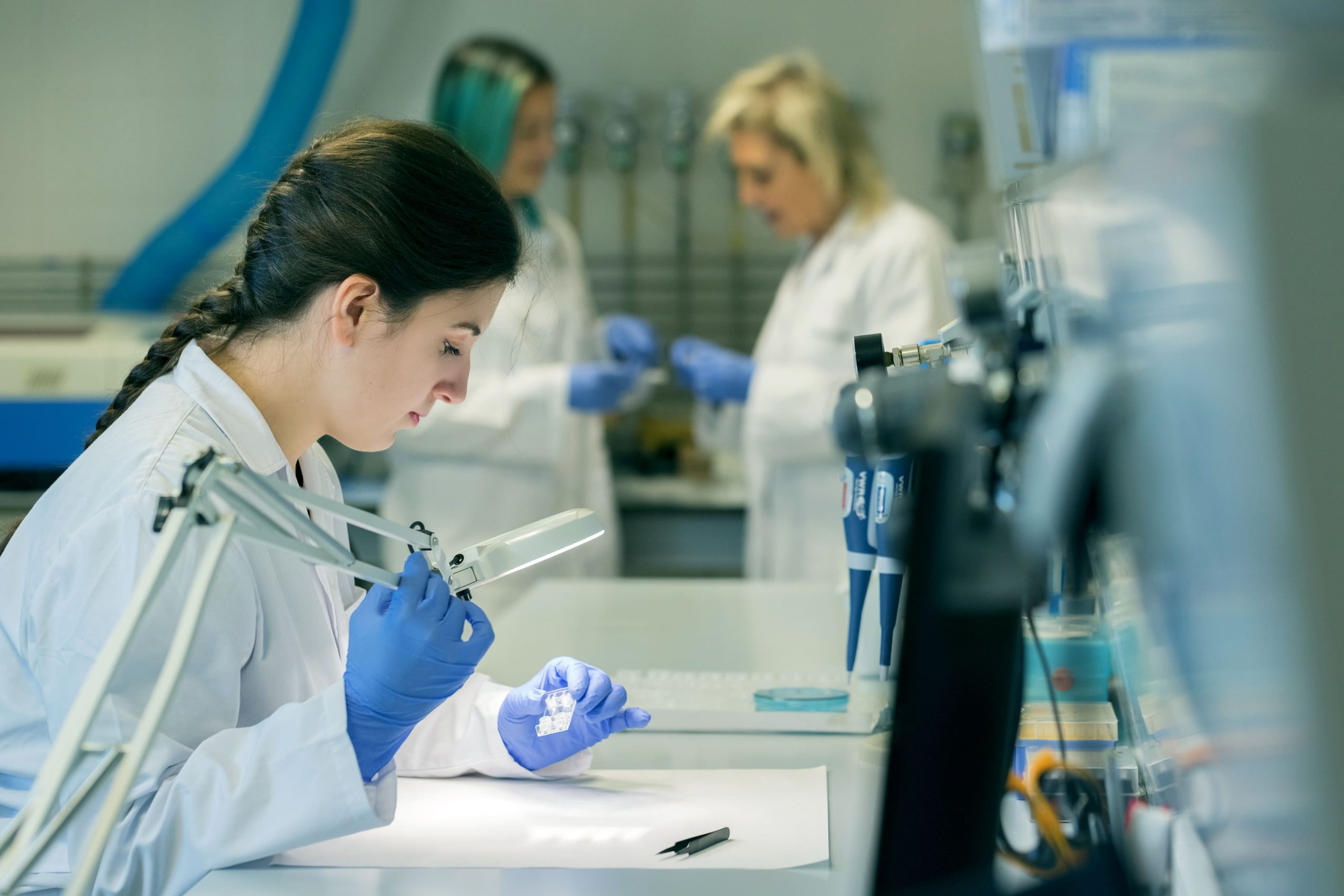About us
The collaboration of engineers and biologists has been key to design the most user friendly and accessible organ on chip devices.
Our purpose
We firmly believe that more and better in vitro research is needed in order to reduce the ethical and economic burden of an oversized animal research market.
At Beonchip we use cutting-edge materials and microfabrication techniques to create the next generation of in vitro testing platforms, allowing the performance of experiments in vitro that were impossible or only possible in vivo before.
Therefore, reducing the cost and time span needed for the development of new drugs, cosmetics and chemicals.
Technology
Our devices are designed for maximum ease of use and versatility. Made from optimal plastic materials for life sciences applications.
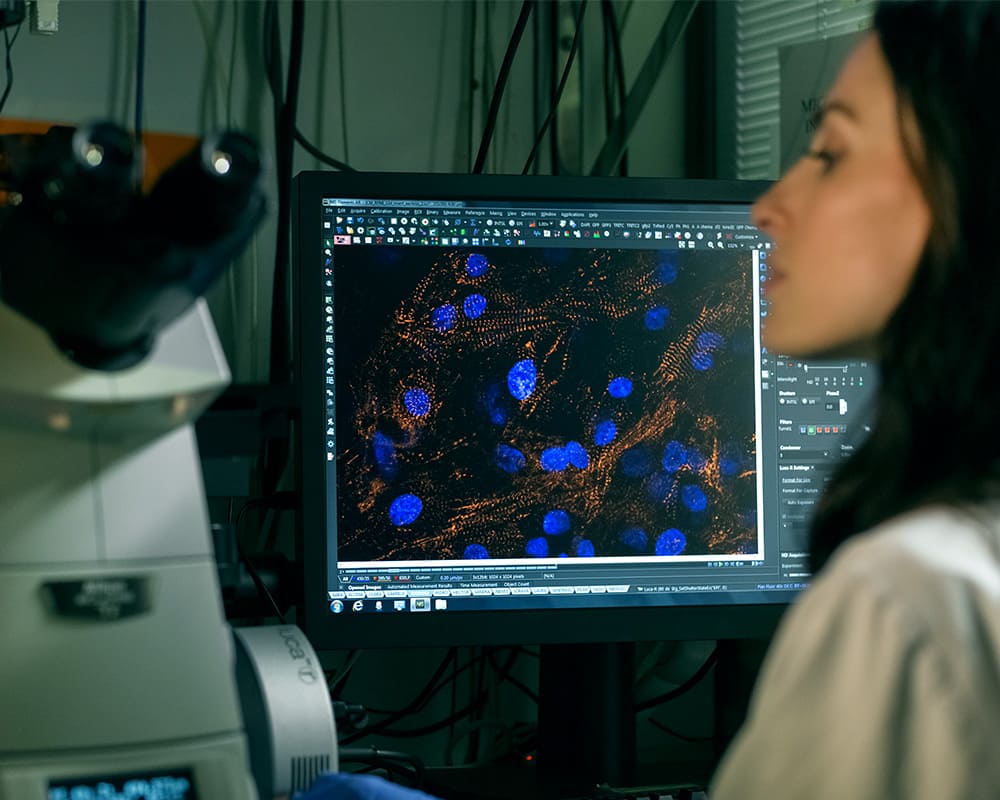
Technology
Our devices are designed for maximum ease of use and versatility. Made from optimal plastic materials and life sciences applications.

Founders
Beonchip was founded in 2016 at the University of Zaragoza by Rosa Monge (PhD in mechanical Engineering), Ignacio Ochoa (specialist and PhD in biology) and Luis Fernández (PhD in microtechnology).
Therefore, we have multidisciplinarity in our roots, and our team is proof of that. The collaboration of engineers and biologists has been key to design the most user friendly and accessible organ on chip devices that are true to the physiological environment of the body.
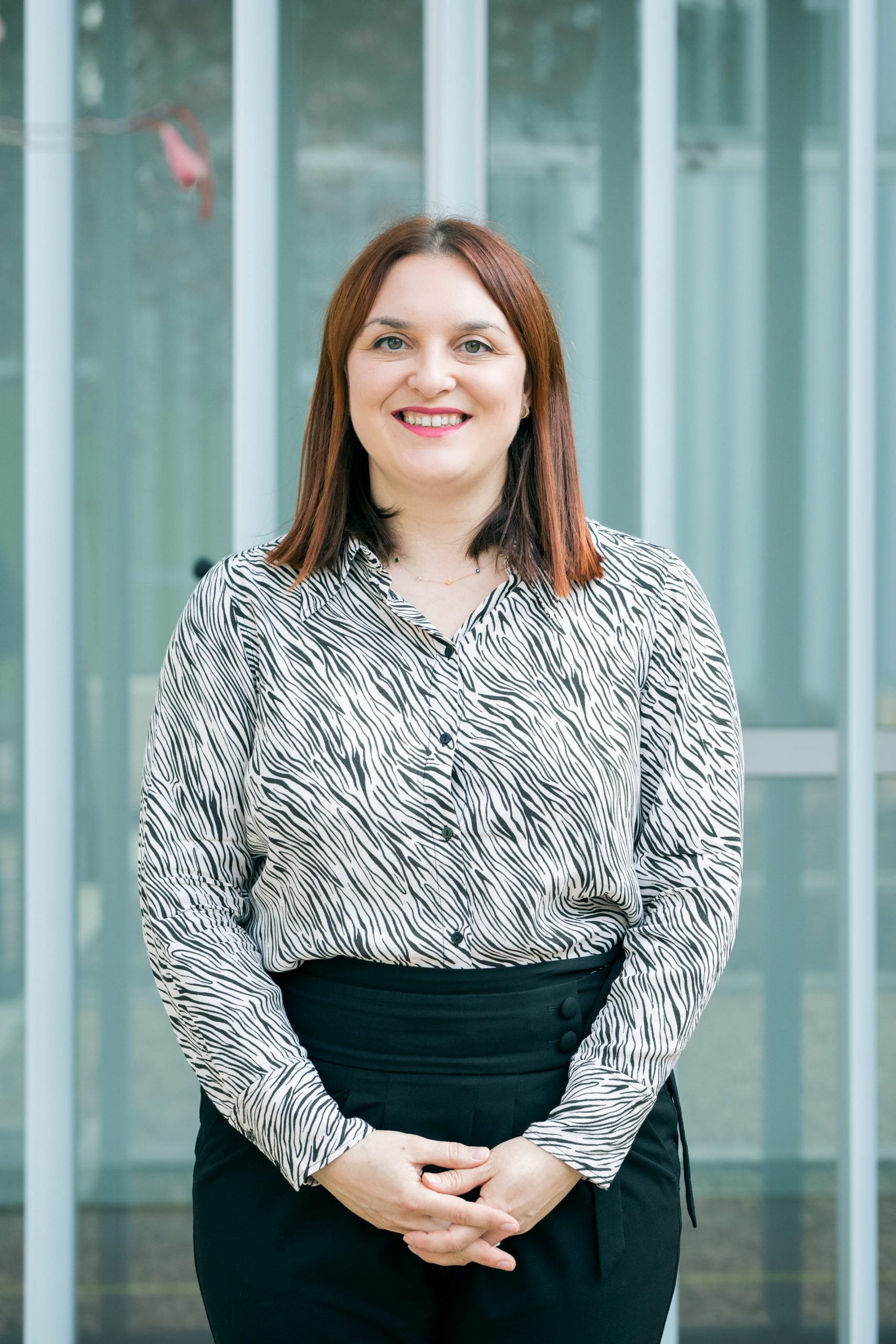
Rosa Monge
CEO · HEAD OF R&D
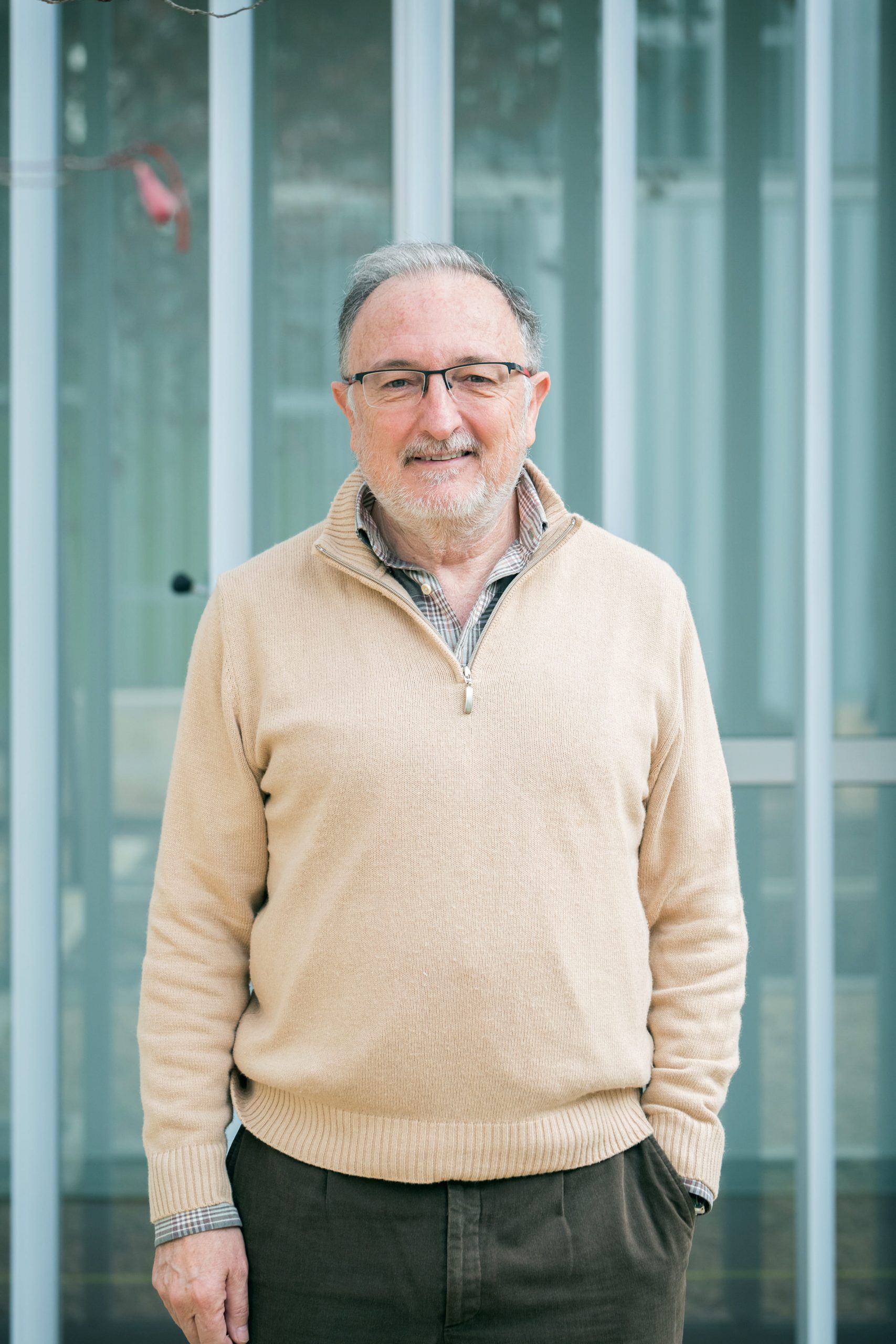
Manuel Doblaré
Advisory board member
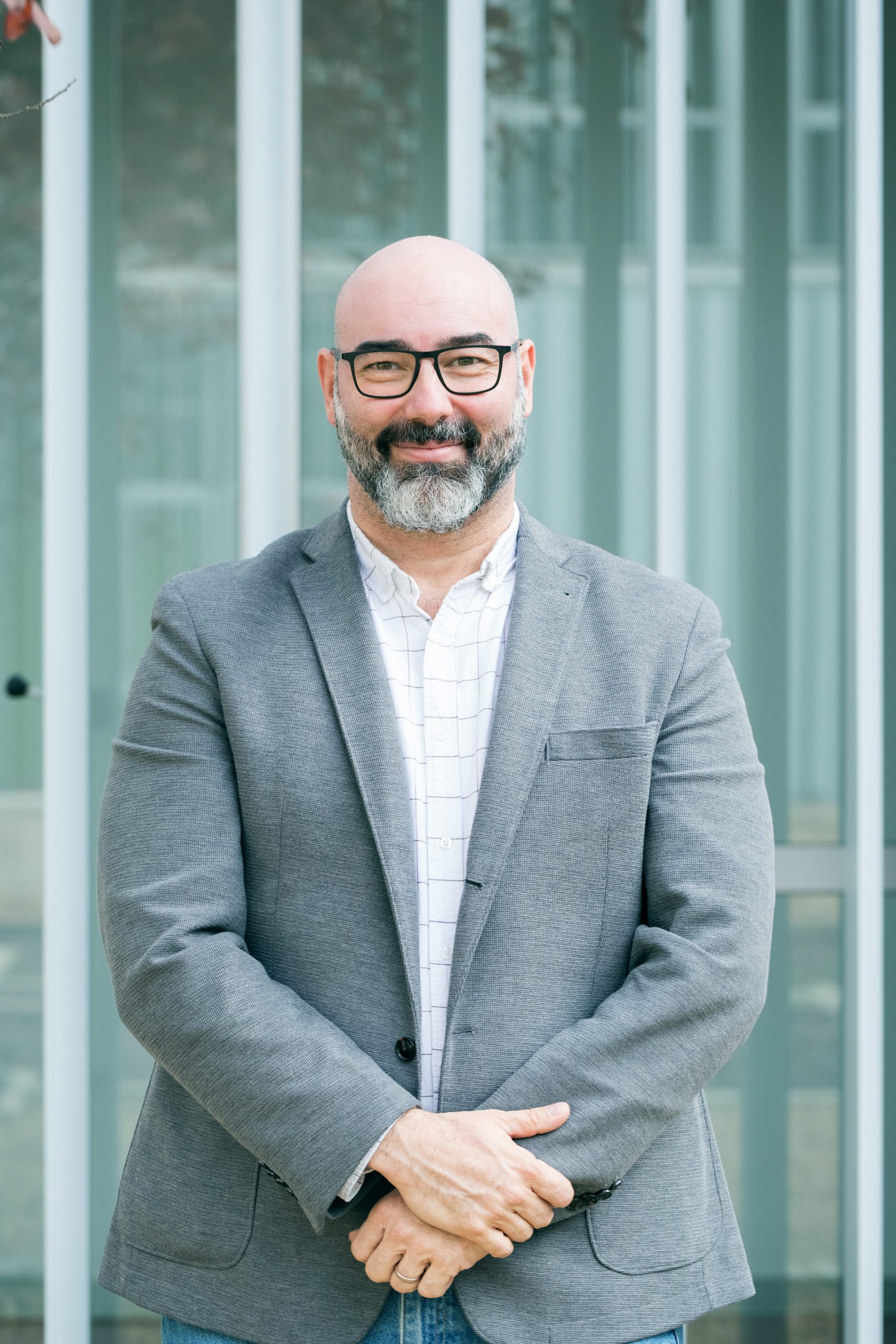
Ignacio Ochoa
Advisory Board Member
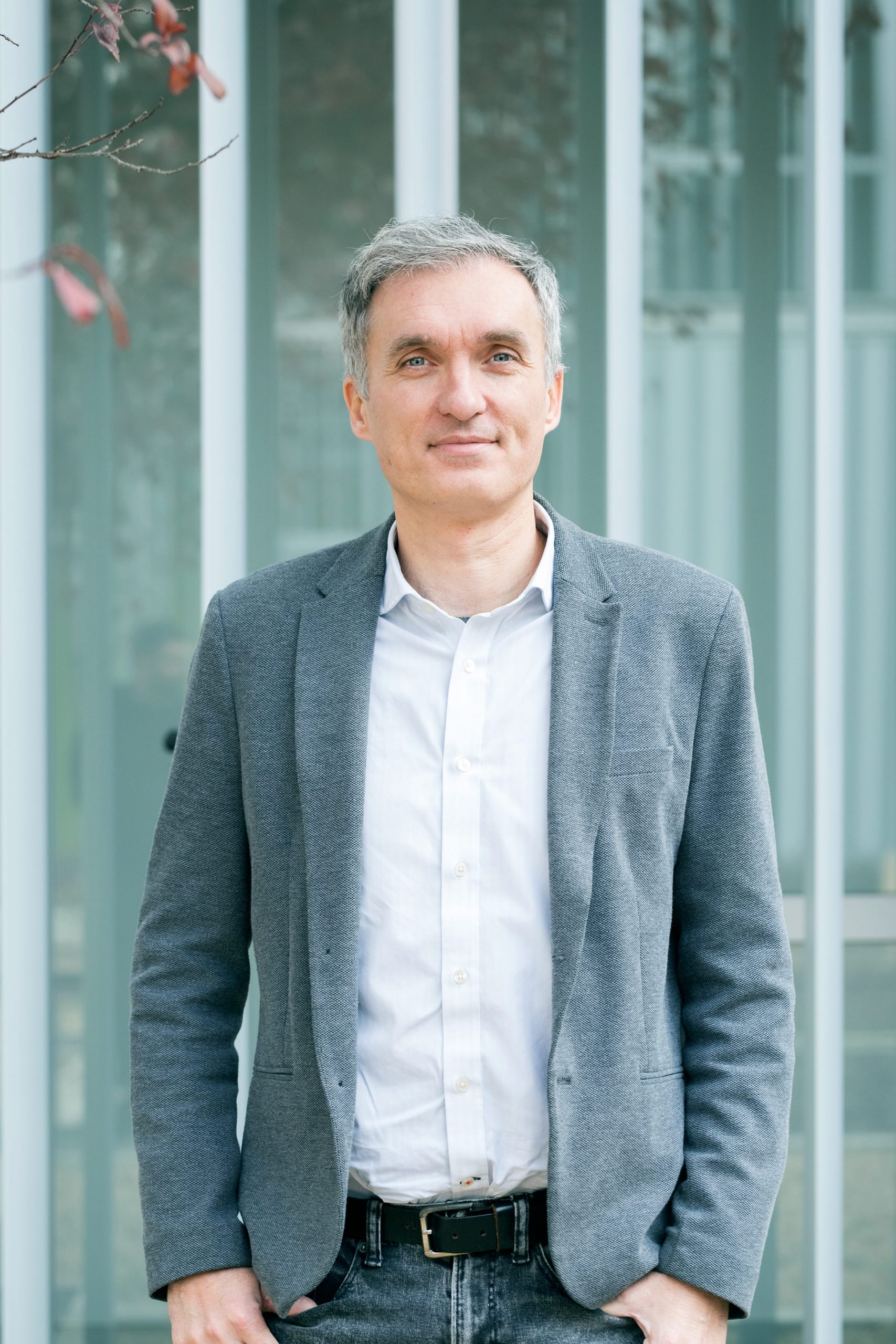
Luis Fernández
Co-Founder
Awards
Since our founding, our work has been recognized with numerous international awards.
2015 IDEA Award XXII edition. Best product.
2016 “TRIPLE HELICE” award from the University of Zaragoza.
2016 “Generando Futuro” Award. V Edition. BEONCHIP´s business plan.
2017 Young research talent award given by the newspaper Heraldo de Aragón.
2017 Category “Acción empresarial más innovadora ligada a la universidad”
2018 Go Health Awards for the project “Medical devices”.
2018 Best spin off of the University of Zaragoza. XII Edition AJE Aragón awards.
2018 Richi’s Entrepreneurs. 2018 Boston Inmersion Program.
2019 Most innovative company, Campus Iberus award.
2025 Best Startup in the “Growth” category in the Pitch competition of the Wave 2025
2025 Innovation award of the Engineering and Arquitechture School (EINA)


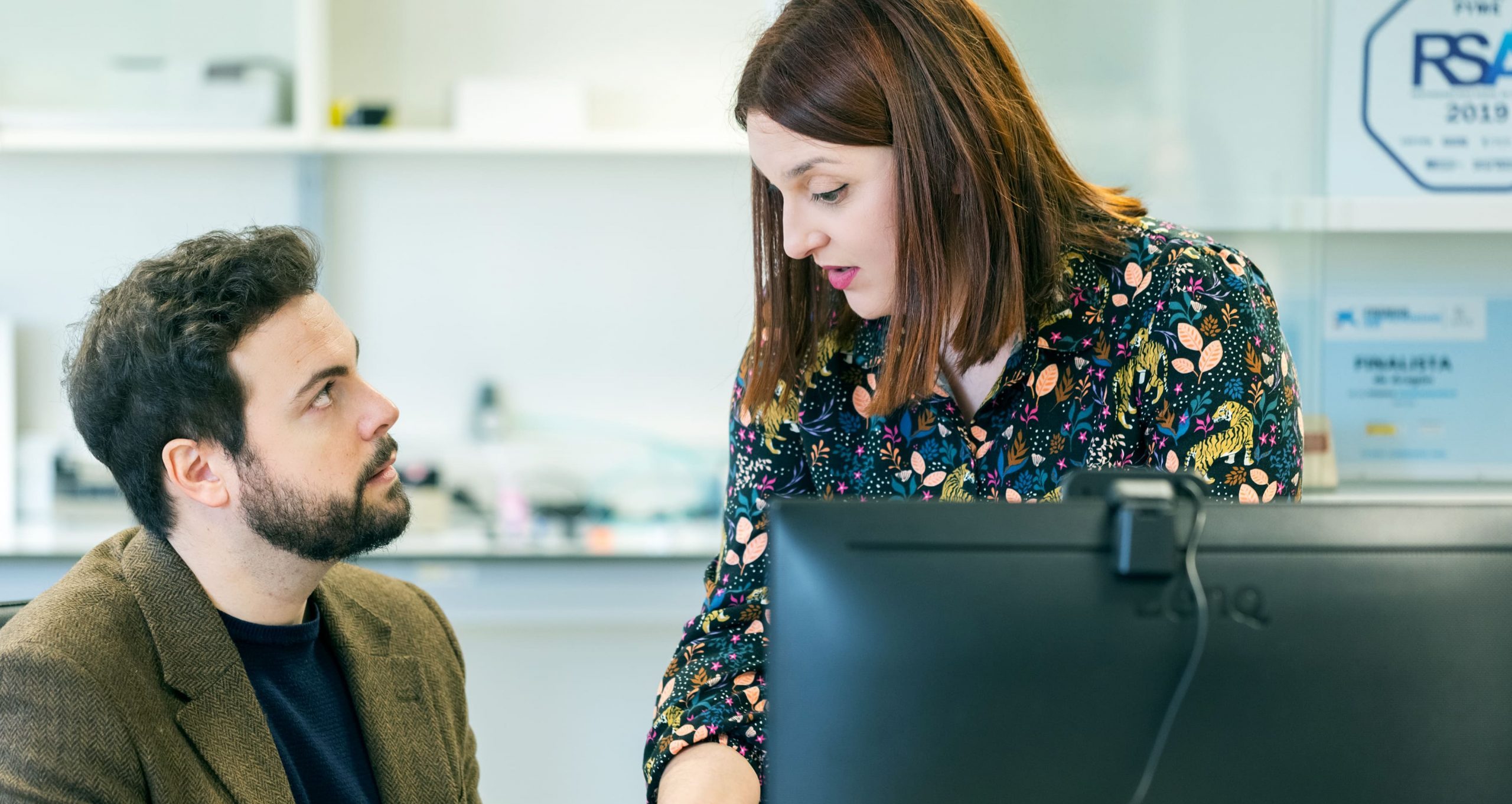
Projects
UNLOOC [HORIZON-KDT-JU-2023-1-IA – 101140192]
The launch of a novel drug to the market is preceded by clinical testing and validation both on animal in vitro and in vivo models. Animal models used in drug development have known methodological drawbacks leading to the failure of drugs. Further, animal tests are associated with ethical issues.
Moreover, a strong bias in in-human testing still overlooks major population groups e.g. children, women, different ethical groups. It is estimated that 197,000 deaths per year in the EU are caused by Adverse Drug Reactions (ADRs) and the total cost to society of ADRs is €79 billion.
The emerging Organ-on-Chip (OOC) field, an alternative to animal test, brings great potential for safe testing and validation: An OOC-systems consists of a 3D-microstructured channel network embedded on a small plastic device that simulates the mechanics and physiological response of an entire organ or organs.
Project UNLOOC will develop, optimize, and validate a multitude of ECS-based tools to build OOC-models to replace animal and in-human testing. UNLOOC aims to combine three important characteristics for routine use of OOC models, i.e platforms that combine ECS-based technologies with established biological material, capitalize on AI, parallelized test set-ups allowing efficient high-throughput demands, and standardized procedures enabling reliable results.
UNLOOC will develop ECS-based hardware and software tools and validate them in five Use Cases (UCs) performed in 10 European countries. The applications developed and validated will be used by academia and pharma industry to drive drug development, create cosmetics without animal test, personalized medicine and gain new insights into disease.
Given the large OOC market, these solutions have great economic value, on average it would result in cost reduction of up to $169M and $706M per new drug reaching the market and will put Europe at the forefront of this booming research field (see impact section for details).
MITI2 [HORIZON-HLTH-2022-DISEASE-06-02-two-stage/101080445]
MITI2 focuses on the regulatory properties of a subset of microbiota-specific TR1-like regulatory T (Treg) cells, for which an unprecedented association with the clinical outcome of patients in various inflammatory diseases has already been shown, for therapeutic use in inflammatory bowel diseases (IBD).
Existing treatments are complex, with most people requiring lifelong medications, dietary and lifestyle modifications, and some requiring surgery. In this context, the development of new therapeutic approaches appears essential. Among these approaches, immunotherapy and cell-based therapy are particularly promising strategies.
MITI2 aims at providing a pre-clinical package including i) the proof of concept that a cellular immunotherapy using the identified Tregs subset represents a treatment for IBDs and ii) the reglementary pre-clinical in vitro and in vivo toxicity.
Microgut [CPP2021-009123]
The MICROGUT project aims to investigate the nutritional quality and microbiota interaction of novel protein alternatives using new dynamic digestion technologies and Organ-on-Chip (OOC) intestinal modeling.
Specifically, the project aims to recreate the microenvironment of the human colon, including the microbiota and its interaction with the cellular and molecular component of the epithelium, while optimizing dynamic digestion systems to mimic the biochemical conditions, microstructure, and fluidics of the three differentiated sections of the small intestine (duodenum, jejunum, and ileum).
DIAMOOC [CHK-20210004]
The project aims to develop an innovative colorectal cancer model that integrates a large bioprinted colorectal cancer organoid and the vascular system that nurtures it inside a microfluidic chip. This innovative model will have ground-breaking applications in pharmaceutical research and biomedicine, paving the way towards the application of in vitro models in personalized medicine starting where it is most needed, oncology.
The general objective of DIAMOOC is the generation of a robust in vitro platform for the evaluation of drugs used in colorectal cancer treatment. This platform overcomes the main drawbacks of patient-derived organoid research to date: the lack of a vascular network and immune system activity in the organoid microenvironment.
MOORE4MEDICAL [H2020-ECSEL, 2020-2023]
Moore for Medical is a 3-year and €68M project involving 68 partners. The project will develop open technology platform for a number of emerging medical domains including: bioelectronic medicines, drug delivery, personal ultrasound, radiation-free interventions, remote body sensing and organ-on-a-chip. BOC is a partner in this project. More info
Bonafide [EUREKA Eurostars, 2017-2019]
BONAFIDE has developed, validated and delivered an in vitro human bone-on-chip platform that will simulate bone growth, resorption and remodeling for medium/ high throughput evaluation of drugs (e.g. anti-osteoporosis, nutrients, and biomaterials (e.g. bone cements).
The BONAFIDE platform can be directly implemented in the preclinical workflow of companies and consist of a microfluidic chip containing a bone-mimetic matrix and standard operating procedures for human bone culture. BOC is in charge of the design, fabrication and commercialization of the Bone on chip platform. More info
PRIME [H2020-FETOpen, 2019-2023]
PRIME Will use recently introduced 4D printing of liquid crystal elastomers for the direct implementation and integration of light-actuated valves and pumps in a microfluidic chip. Inkjet printing will produce new ultra sensitive and selective sensors embedded in the chip and readable with light.
The final device will be remotely addressed and read using simple photonic elements that can be integrated in compact, portable and cheap operation & read devices. PRIME goes beyond the state-of-the-art generating a robust platform to create a new generation of active, tubeless and contactless microfluidic chips effectively changing the currently established paradigm. More info
Neotec “Design and commercialization of Organ on Chip devices”:
Competitive grant that supports young startups in the development of their business plan.
CISTEM [H2020-MSC-RISE, 2018-2021]
CISTEM uses microfluidic technology-based “organs-on-a-chip” to investigate rare disease mechanisms and testing new drug and treatment due to their ability to mimic tailored micro-environment architecture inspired by organ-level functions in vivo. However, due to the variability in rare disease mechanisms from one patient to another, organ on chip technology needs to be more precise and to convey towards personalized medicine.
The human-induced pluripotent stem cells (iPSCs) have a strong potential in engineering organ-on-a-chip since they are derived in a patient-matched manner which makes them a superb source to construct human models for personalized drug screening as well as for understanding patient-specific fundamentals of diseases. BOC is the manufacturer for the heart-on-a-chip platform. More info
SME Instrument
Organ on chips can be defined as micro-sized artificial organs and can revolutionize drug development. Now, in the B-On-Chip project we seek bringing to the market the first compact, fully automated and easy-to-use device to link multiple organs-on-chip, enabling the so called body-on-chip experiments. The use of B-On-Chip by the Pharma industry in new drug discovery, has the potential to slash the use of laboratory animals in drug testing.
Furthermore, the more realistic data offered by B-On-Chip will accelerate drug development and allow researchers to carry out experiments too risky for human volunteers. Moreover, by linking different “organ-on-chips” together, it will be possible to study how reactions in one organ affect another.
B-On-Chip will offer the most accurate data on new drug efficiency, security, toxicity in a fast, automatic and reliable way, with the breakthrough advantage of being able to offer these results in in vitro experiments. More info
PRENOMOM
Development of an organ preservation system that preserves the organ in functioning conditions. This allows not only to preserve the organs longer in optimal conditions, but also to determine the viability of the organ after the transplant, monitor the metabolic parameters of the organ during the preservation process and even adjust them. More info
Ask for info
If you want to know more about our products, contact us or request a meeting with our team here.
Contact ›
